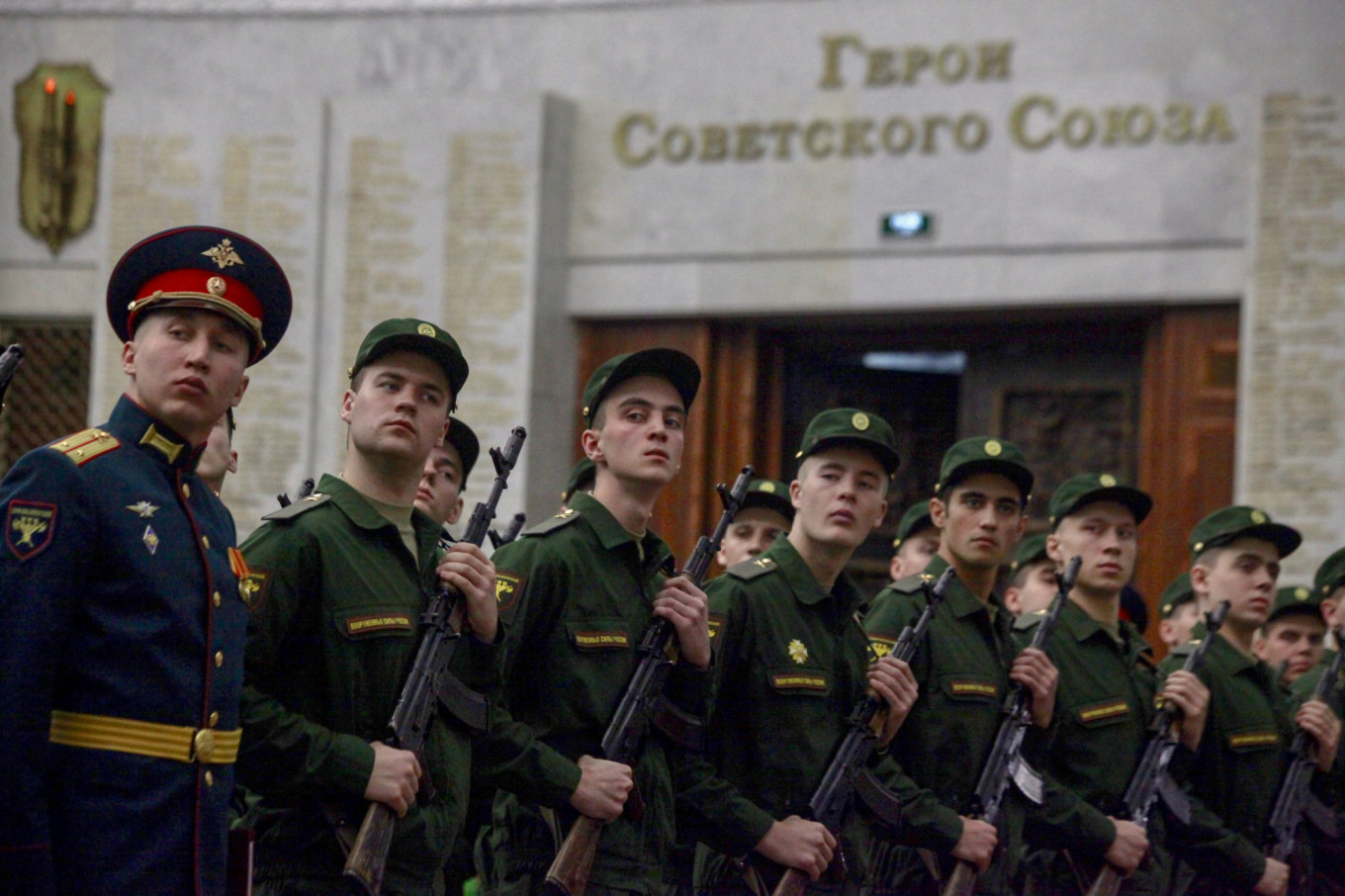
Russian soldiers of the future will be assigned service in specific military branches based on their hereditary predispositions detailed in so-called “genetic passports,” the country’s chief scientist has said.
President Vladimir Putin decreed in March for all Russians to be assigned “genetic passports” by 2025 under the national chemical and biological security strategy. Scientists speculated at the time that these “genetic passports” could refer to either a set of genetic markers used to identify individuals or a detailed list of individual health risks and traits.
Alexander Sergeyev, the head of Russia’s Academy of Sciences, said the institution is in talks to develop a “soldier’s genetic passport” with the St. Petersburg-based Kirov Military Medical Academy.
“The idea is to understand on a genetic level who’s more predisposed to serve in the Navy or who may be better-suited to become a paratrooper or tankman,” he told the state-run TASS news agency.
The project will also help predict soldiers’ behavior and capabilities in stressful conditions, Sergeyev said in an interview published on Thursday.
The Kirov academy is researching stress resistance as part of the “genetic passport” project to ready for traditional warfare’s expansion into cyberspace, Sergeyev said on Friday.
“After all, the war of the future will largely be a war of intellects, of people who make decisions in conditions far different from those in the past,” he told the state-run RIA Novosti news agency.
